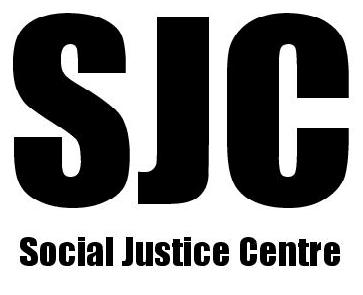“Drug users are the first evicted, and the last housed”
By Ann Livingston
Over the weekend of July 27-29, I attended the REDUN annual campout in a remote area north of Castlegar.
In attendance were: Erica Thompson, Kiah Ashley, Doug Smith (who are Fraser Health Region Drug War Survivor members), Laura Shaver (BC Association of People on Methadone), Kevin Yake (President, VANDU), Martin Stewart (Western Aboriginal Harm Reduction Society), Alex Sherstibitoff (REDUN & ANKORS), Bryan, Serge, Mona Rosengren & Randy (Grandforks), Chris (Nelson), Colleen (Castlegar), Dan (Nelson), and Les Murray (VANDU).
One of the important functions of the gathering was for the members in attendance to decompress from the stress of overdose, overdose revival, and living under the chaos of poverty and criminalization.
What we did:
- We held a little meeting on the third day and people self-identified their special gift and skills. During the first few days we didn’t even exchange names and we just swam and kayaked and ate. It wasn’t very formal. We received reports from REDUN, VANDU, BCAPOM, and BC/Yukon Drug War Survivors from Abbottsford.
- We had a very interesting discussion regarding the success of the BCAPOM clinic fee class action. Laura Shaver provided incredible details of the case with her close legal notes --as she was the court appointed “class representative.”
- The BC/Yukon Drug War Survivors (Abbottsford chapter)submitted a report regarding their user-group activities and their overdose prevention site --where Doug works as a peer.
- We reviewed the PIVOT police campaign and their “Statement for Police” cards that inform holders of their rights when encountering police services.
- Kevin presented VANDU’s report detailing his background as an indigenous person with lived experience with the criminal justice system and corrections.
- Erica presented a report detailing her past substance use and its deep effects on parenting and her connection with her daughter.
- It was lovely hearing participants playing guitar all day --it was just so pleasant, it was so quiet and lovely, and we rarely hear live music.
It is important for people who use drugs to get together and enjoy each others company and build solidarity. I also realized that most of us haven’t been with other people who use drugs so far from emergency services and the urban environment. We actually brought overdose kits with us --just to be prepared-- but we never had to use them. And given that the event was also held right after welfare day --there is a frantic-ness that it comes with-- but then it settled down and became a restorative and relaxing space.
One of the most important takeaways from the event for me is:
When people who use drugs organize themselves into coherent action groups they empower themselves. And in so doing their organizing also translates into dealing with the issues of the homeless and tent cities. So when grassroots “activists” organize the homeless, it often turns out that it is the drug user groups who do much of the heavy lifting because they have already been politicized and coherently organized. One might be expecting homeless activism to be conducted by homeless people, but it is often the drug user groups who end up organizing it. Ironically, drug users are the first evicted, and the last housed.








